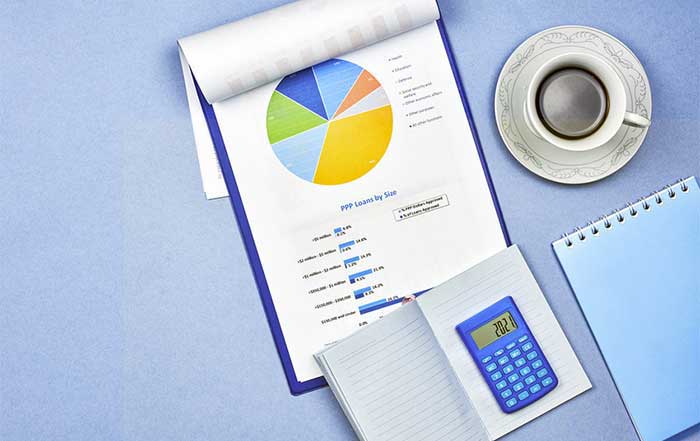Several US banks that facilitated the government's PPP (Paycheck protection Program) now face regulatory agencies' questions over how the program was run. Initially, most banks considered the mandate a small booster of revenue that comes with a special patriotic bonus. Little did they expect that the arrangement had a hidden face. The banks successfully facilitated the disbursement of some $525 billion to businesses. The banks disbursed the money in loans to companies hit by the ravages of the Covid-19 pandemic.
Many of these lenders- including Bank of America Corp, JP Morgan Chase, and Wells Fargo, are now preparing for- possibly- years of regulatory assessment for their role in dishing out these monies. According to industry insiders, government watchdogs, and securities filings, it's time for these financial giants to face some questions. According to Vivian Merker, who works as a management consultant at Oliver Wyman (a financial services firm), "The banking giants are bracing for many years of requests by regulators. In fact, there is much reputational risk touching on PPP fraud. It doesn't matter much that the banks followed all the right protocols that the program required." "As such," she concludes, " the sense of anxiety is getting higher."
Interestingly, the banks that the US government contracted in the program issued over 5.2 million loans. The government was to repay the money on the condition that borrowers genuinely demonstrated a financial need. Moreover, the beneficiaries were expected to use a significant portion of the funds to make payroll. But immediately after the program rolled out, there were reports of borrower-fraud. The Small Business Administration ( SBA) oversaw the program that started in April 2020. Consequently, by the close of 2020, the US Department of Justice had charged 82 people in court (These were associated with 56 of those cases). The amount involved was $ 250 million worth of loans. The Project on Government Oversight reported this.
Despite this, it's instructive to note that the lender-burden (thus far) is mainly administrative. A prominent attorney who regularly advises top banks on compliance matters said that most clients were responding to no less than 20 law enforcement subpoenas weekly. They were actively producing documents and availing employees for interviews. Regardless, the greatest worry is that the lenders will encounter legal challenges regarding PPP. According to those familiar with the matter and public statements, this has led to investor warnings, internal compliance reviews, and the sale of loan portfolios.
Indeed, no less than 4 banks have issued shareholder filings warning investors about PPP regulatory as well as legal risk. For instance, in its July filing, the Bank of America admitted that its role in the government stimulus programs and proceedings" has led to litigation and class actions." However, a spokesperson, Bill Halldin ( of the Bank of America), said that the bank was fully cooperating with government inquiries.
Insider sources have warned against some likely hazards, including potential violations of the "first-come, first-served program's rules. Other issues include the disadvantages faced by women and minority-owned businesses, maintenance of proper documentation (particularly on loan forgiveness applications), and adherence to the broader rules of the "know your customer" ilk. The experts believe that these factors led to numerous fraud cases within the program. In March 2020, Congress passed the Stimulus Cares Act involving some $ 2.2 trillion. The $350 billion doled out as PPP loans were part of these. In fact, the stimulus pot later increased.
At first, the banks feared taking too much liability when some wanted the money processing regime's fast-tracking. This was even though the banks would earn as much as 5% in origination fees on government-guaranteed loans. At that time, the government also assured the banks that they would not be accountable if the borrowers broke the disbursement rules.
In October, a Congressional report revealed that certain lenders (including PNP Financial Services Group, Trust Financial Corp, and JP Morgan had processed excessive PPP loans for wealthy customers (this was done some 2-4 times faster than the speed taken to disburse smaller loans for people who needed it most). Further, some banks went ahead to limit their PPP loan programs to current customers.
The report said that such decisions had "an adverse effect on minority and women-owned businesses since they're less likely to be in a pre-existing relationship with banks." Interestingly, the US Federal Reserve data subsequently corroborated the damning report from Congress.

